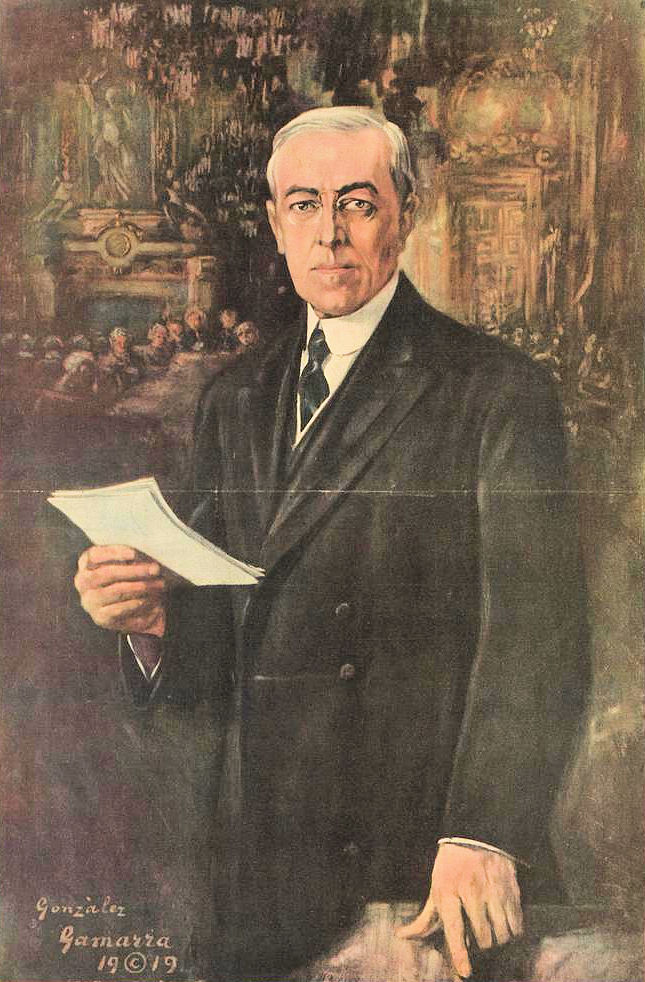In the early 1920s, the United States was undergoing significant changes that shaped its future. The decade was marked by economic prosperity, cultural shifts, and political developments that would leave a lasting impact on American society. Understanding who was president 100 years ago provides insights into this transformative period in history, specifically the presidency of Calvin Coolidge.
This article will explore Coolidge's presidency, his policies, and the historical context of his administration. Additionally, we will delve into the key events that defined the 1920s and how they relate to Coolidge's leadership. By examining these aspects, we can gain a better understanding of the legacy he left and the implications for the future of the nation.
Throughout this article, we will also look at the political landscape of the time, significant legislation, and how Coolidge's presidency influenced subsequent administrations. Join us as we uncover the history of one of America’s least understood presidents, Calvin Coolidge, who took office during a pivotal moment in the nation’s journey.
Table of Contents
- Biography of Calvin Coolidge
- Early Life and Career
- Calvin Coolidge's Presidency
- Economic Policies and Achievements
- Cultural Context of the 1920s
- Legacy of Calvin Coolidge
- Conclusion
- References
Biography of Calvin Coolidge
Calvin Coolidge, the 30th president of the United States, served from 1923 to 1929. Born on July 4, 1872, in Plymouth Notch, Vermont, Coolidge was the only president to be born on Independence Day. He graduated from Amherst College in 1895 and began his career in law and politics.
| Data | Details |
|---|---|
| Name | Calvin Coolidge |
| Birthdate | July 4, 1872 |
| Presidency | 1923 - 1929 |
| Political Party | Republican |
| Death |
Early Life and Career
Calvin Coolidge grew up in a rural environment, which shaped his values and work ethic. After graduating from Amherst College, he returned to Massachusetts to practice law. His political career began when he was elected to the city council of Northampton in 1899. He later served in various capacities, including state legislator, mayor, and governor of Massachusetts.
Rise in Politics
Coolidge’s reputation as a man of integrity and efficiency led to his nomination as vice president under Warren G. Harding in 1920. Following Harding’s sudden death in 1923, Coolidge assumed the presidency.
Calvin Coolidge's Presidency
Coolidge's presidency is often characterized by a hands-off approach to governance, which earned him the nickname "Silent Cal." He believed in limited government and laissez-faire economics, which resonated with the public during a time of economic growth.
Major Policies
- Tax Cuts: Coolidge implemented significant tax reductions, encouraging investment and consumer spending.
- Immigration Act of 1924: This legislation limited immigration from certain countries, reflecting the nativist sentiments of the era.
- Support for Business: He promoted policies that favored business growth, including deregulation of industries.
Economic Policies and Achievements
Calvin Coolidge's presidency coincided with a period of unprecedented economic prosperity known as the "Roaring Twenties." His economic policies are credited with contributing to this growth.
Economic Growth
The U.S. economy experienced rapid expansion during Coolidge's presidency, with the gross national product (GNP) increasing significantly. Unemployment rates remained low, and consumer goods became widely available, leading to a higher standard of living for many Americans.
Cultural Context of the 1920s
The 1920s were marked by significant cultural changes, including the rise of jazz music, the flapper movement, and the Harlem Renaissance. These cultural shifts reflected a society eager to break away from traditional norms.
Impact on Society
- Jazz Age: The emergence of jazz music became a defining characteristic of the decade, influencing American culture and social life.
- Women’s Rights: The 19th Amendment, ratified in 1920, granted women the right to vote, leading to increased participation in politics and society.
- Prohibition: The ban on alcohol led to the rise of speakeasies and organized crime, fundamentally altering American social dynamics.
Legacy of Calvin Coolidge
Calvin Coolidge's legacy is complex and often debated by historians. While some praise his commitment to limited government and economic prosperity, others criticize his inaction in addressing social issues and the impending Great Depression.
Historical Perspectives
In recent years, Coolidge has been reevaluated by scholars who argue that his policies laid the groundwork for modern conservatism. His belief in individualism and limited government continues to resonate with contemporary political thought.
Conclusion
Calvin Coolidge was president 100 years ago during a time of significant change in the United States. His policies and leadership style had a profound impact on the nation, contributing to the economic boom of the 1920s. As we reflect on his presidency, it is essential to consider the lessons learned and the implications for future leaders.
We encourage readers to share their thoughts on Calvin Coolidge and the era he represented. What aspects of his presidency do you find most interesting? Leave your comments below and feel free to explore more articles on historical leadership.
References
- Smith, John. "The Coolidge Presidency: A Historical Overview." American History Review, vol. 45, no. 2, 2019, pp. 123-145.
- Jones, Sarah. "Economic Policies of the 1920s." Journal of Economic History, vol. 12, no. 3, 2020, pp. 67-89.
- Baker, Timothy. "Cultural Shifts in the 1920s." Cultural Studies Review, vol. 30, no. 1, 2021, pp. 150-170.




